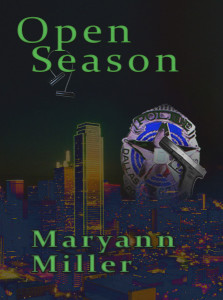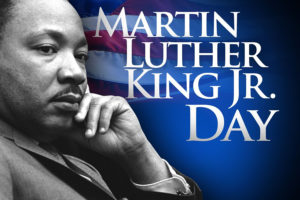When I was active in the Civil Rights Movement in the early 60s, I was so sure that by the time the year 2000 rolled around, there would be no need for activist groups to still be fighting for equality.
Sigh…
While things are certainly better on many levels than they were back then, we are far from treating each other as equal. There are still far too many white people who view people of color as somehow less and cling to the old standard of “them vs us.”
Not that I lay the blame totally on one side of the issue. There are plenty of black folks who are as bigoted as white folks and cling to their old standards that “all white people are enemies.”
This is an issue I explored in depth in my Seasons Mystery Series, introducing Sara h and Angel, two Dallas Homicide Detectives who struggle with their own attitudes about race in the midst of an uproar over police racial profiling in Open Season. There are no easy answers for them, as there are no easy answers for us today, but they are willing to talk to each other and willing to see it from the other viewpoint.
h and Angel, two Dallas Homicide Detectives who struggle with their own attitudes about race in the midst of an uproar over police racial profiling in Open Season. There are no easy answers for them, as there are no easy answers for us today, but they are willing to talk to each other and willing to see it from the other viewpoint.
Which takes me back to the 60s and my awakening.
Before college and getting involved in the activist group I joined as an offshoot of a sociology class, I didn’t even know I was prejudiced. Having grown up in an all-white neighborhood, I had never seen a black person to be prejudiced against. Being poor and having a father from the south, made me the victim of some other people’s prejudice, so at least I knew what that felt like, but I never looked askance at anyone I met.
My father was a great role model in that regard. He never met a person who could not be a friend, and he respected everyone until they did something to lose that respect. I never heard him use a racial or cultural slur, and there were no offensive jokes at the house.
The sociology professor was very involved in the Civil Rights Movement and invited members of the class to meet at a coffee shop after class to talk about what we – in Michigan – could do to help. None of us were in a position to go to the south to march, but there were plenty of things to do in Detroit. We protested in neighborhoods where black families were not able to buy a home. We wrote letters to city and state government officials to support anti-discrimination laws. And we got brave enough to tell our peers when we found a word or a joke offensive.
That was the hardest part for me, as I think it is for many of us. We don’t want to risk losing a friend. We don’t want to take the chance of making someone angry enough to perhaps slug us. And we don’t want to create a stunned silence in the middle of a party.
Like so many other activists, I was, and still am, inspired by the life and messages of Dr. Martin Luther King, Jr. I admired him so much for his non-violent approach to fighting for justice, and I want to honor him again today on his special day. If he were alive I would send him a note, thanking him for awakening a new heart in this white woman.
And now I’d like to share a few of MLK’s most popular quotes:
“We must accept finite disappointment, but never lose infinite hope.”
“The ultimate measure of a man is not where he stands in moments of comfort and convenience, but where he stands at times of challenge and controversy.”
“We may have all come on different ships, but we’re in the same boat now.”
“I have a dream that my four little children will one day live in a nation where they will not be judged by the color of their skin, but by the content of their character.”
“Darkness cannot drive out darkness, only light can do that. Hate cannot drive out hate, only love can do that.”
(More on AL.com)
Did you already know why the banks are closed and there is no mail delivery? Have you been involved in civil rights? Did you grow up in a bigoted family? How have you changed since childhood? Anything you would like to share about your experiences with other cultures and other races?


Pingback: A Nation’s Great Loss – Congressman John Lewis – Maryann Writes